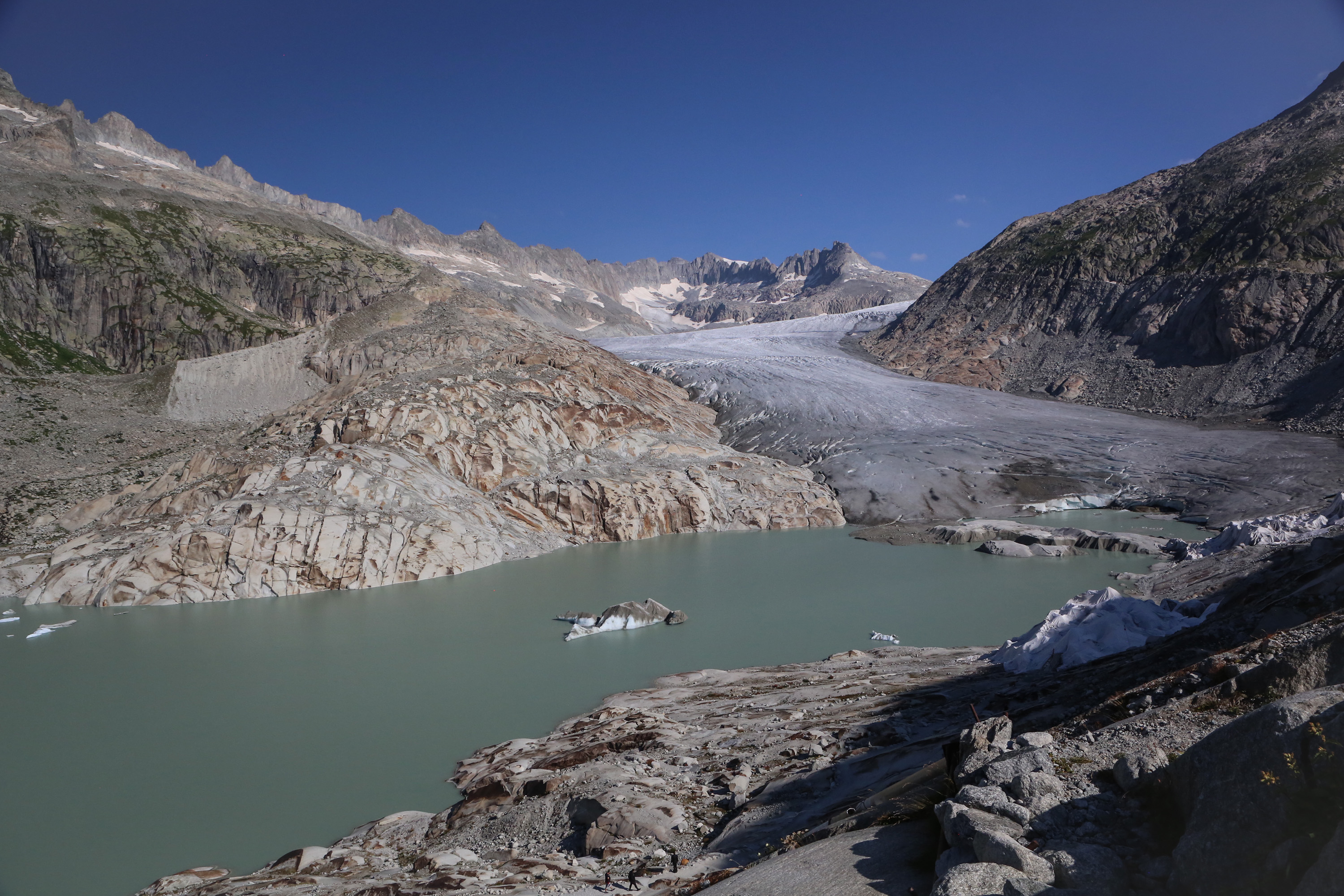
Parts of oldest ice core to arrive in Switzerland from the Antarctic

Parts of the oldest ice core ever recovered will be arriving in Switzerland from the Antarctic in mid-summer.
Researchers at the University of Bern are eagerly anticipating a unique scientific find this August. They announced on Wednesday that parts of the oldest ice from the Antarctic to date will arrive in Switzerland.
+Get the most important news from Switzerland in your inbox
The 2.8-kilometre-long ice core holds climate data dating back over 1.2 million years. It was successfully retrieved earlier this year. At the University of Bern’s ice laboratory, researchers will analyse gases such as CO2 and methane in the ice to gather information about the climate during that period.
+Bern scientists recover ice core dating back 1.2 million years
“This requires precision,” said Hubertus Fischer, who is leading the Swiss investigations. “We are very meticulous about this,” said the researcher. The university is ready. “Our methods have been extensively tested.” Parts of the ice are also being analysed by other universities in Europe.

More
Secrets revealed by melting Swiss glaciers could eat plastic and cure disease
At the moment, the ice cores are still in the Antarctic. They will soon be loaded into special refrigerated containers on an Italian research ship, which will transport them to Europe.
Translated from German by DeepL/sp
This news story has been written and carefully fact-checked by an external editorial team. At SWI swissinfo.ch we select the most relevant news for an international audience and use automatic translation tools such as DeepL to translate it into English. Providing you with automatically translated news gives us the time to write more in-depth articles.
If you want to know more about how we work, have a look here, and if you have feedback on this news story please write to english@swissinfo.ch.

In compliance with the JTI standards
More: SWI swissinfo.ch certified by the Journalism Trust Initiative

























You can find an overview of ongoing debates with our journalists here . Please join us!
If you want to start a conversation about a topic raised in this article or want to report factual errors, email us at english@swissinfo.ch.